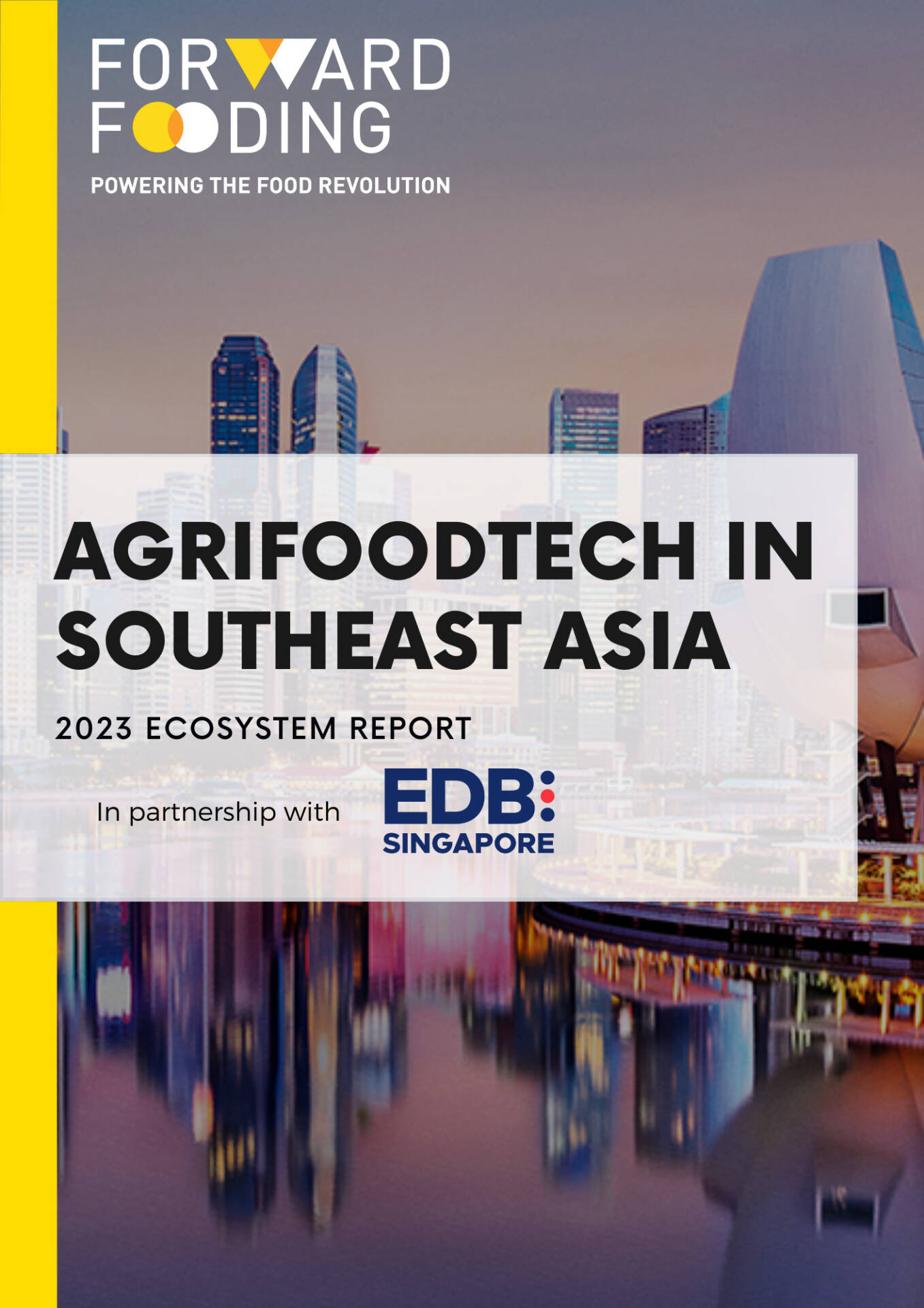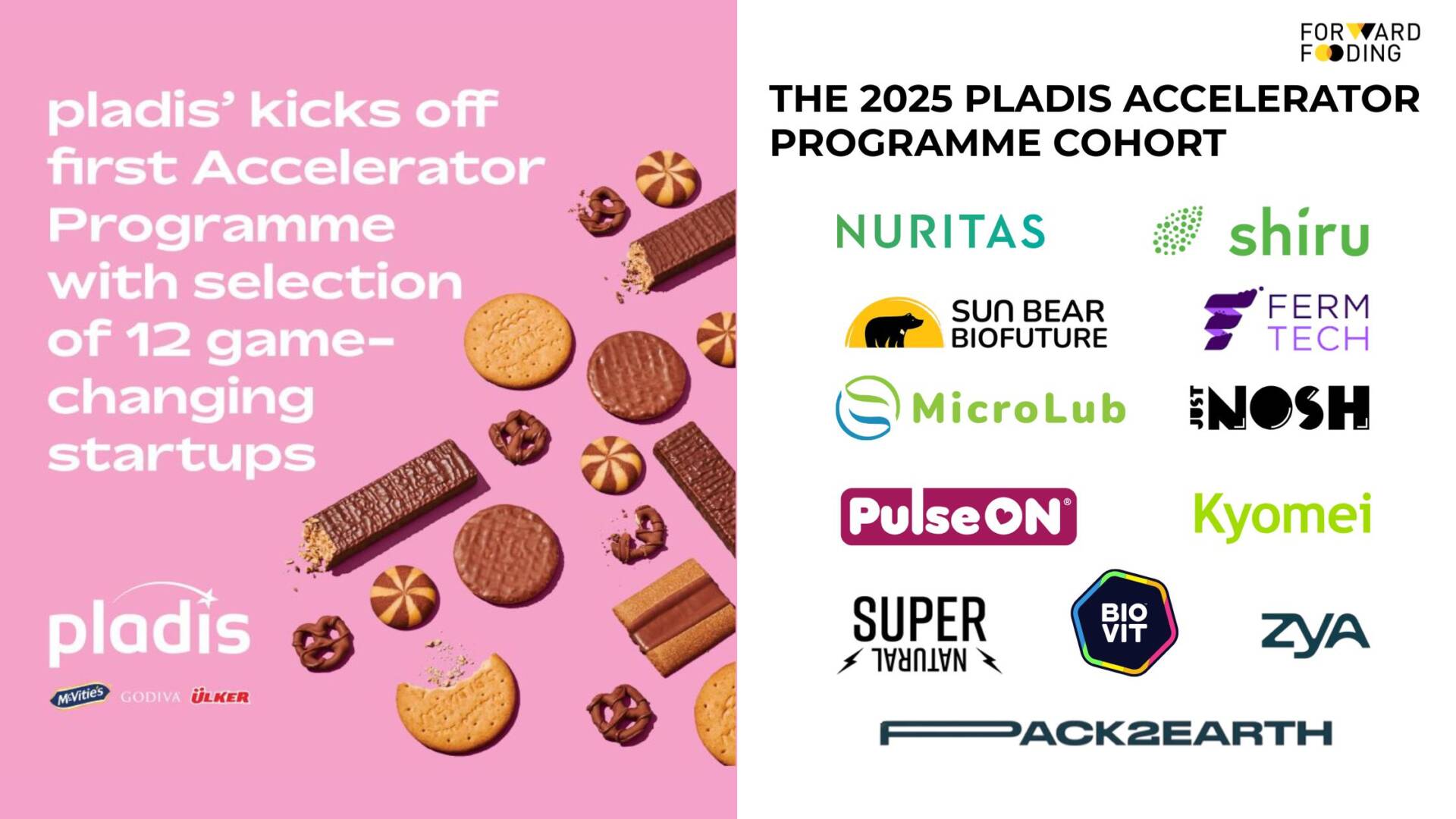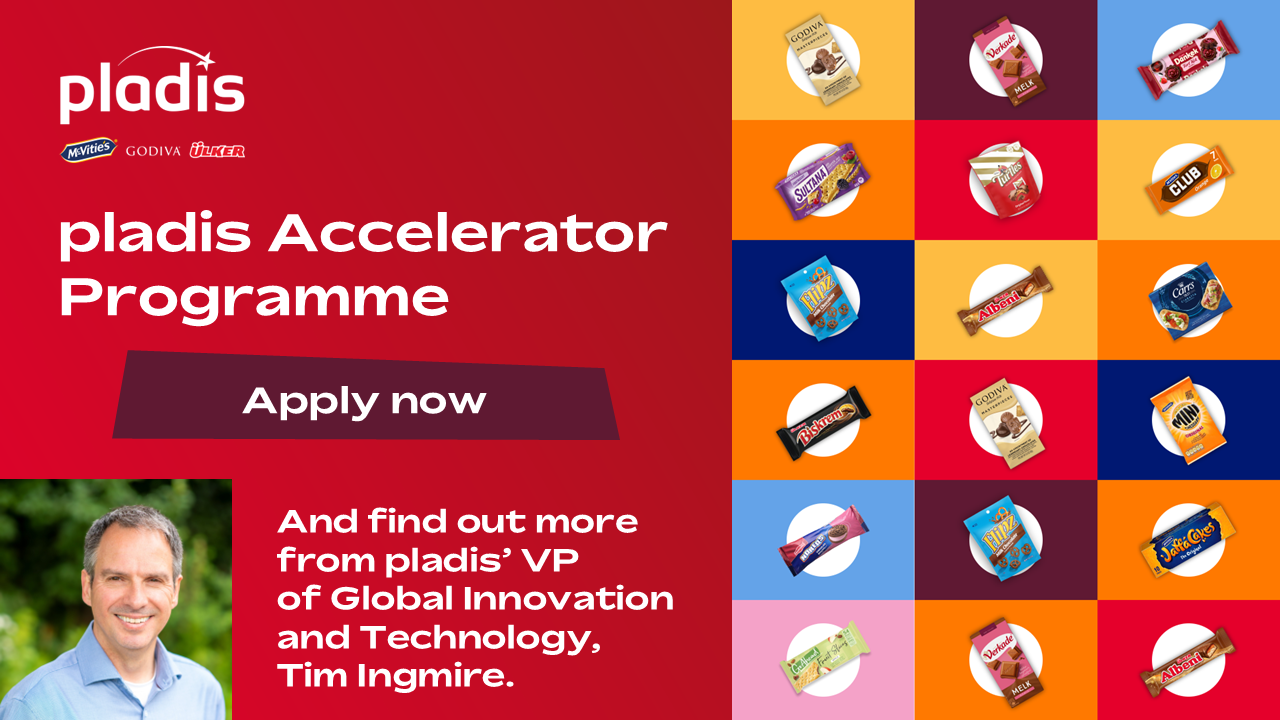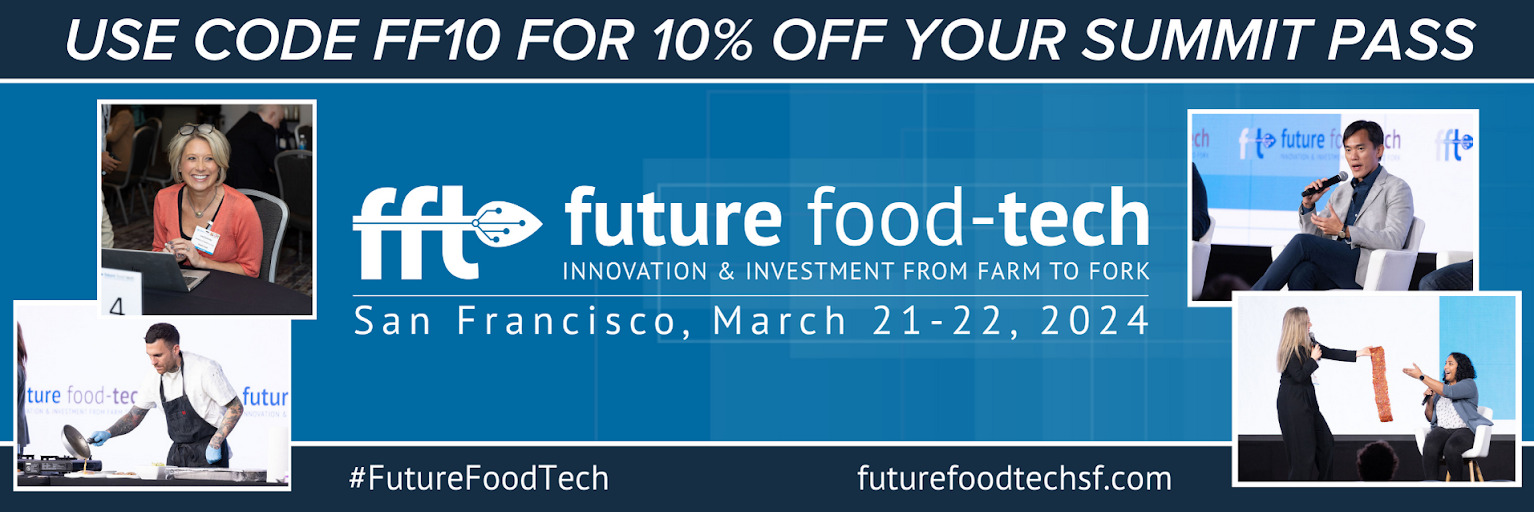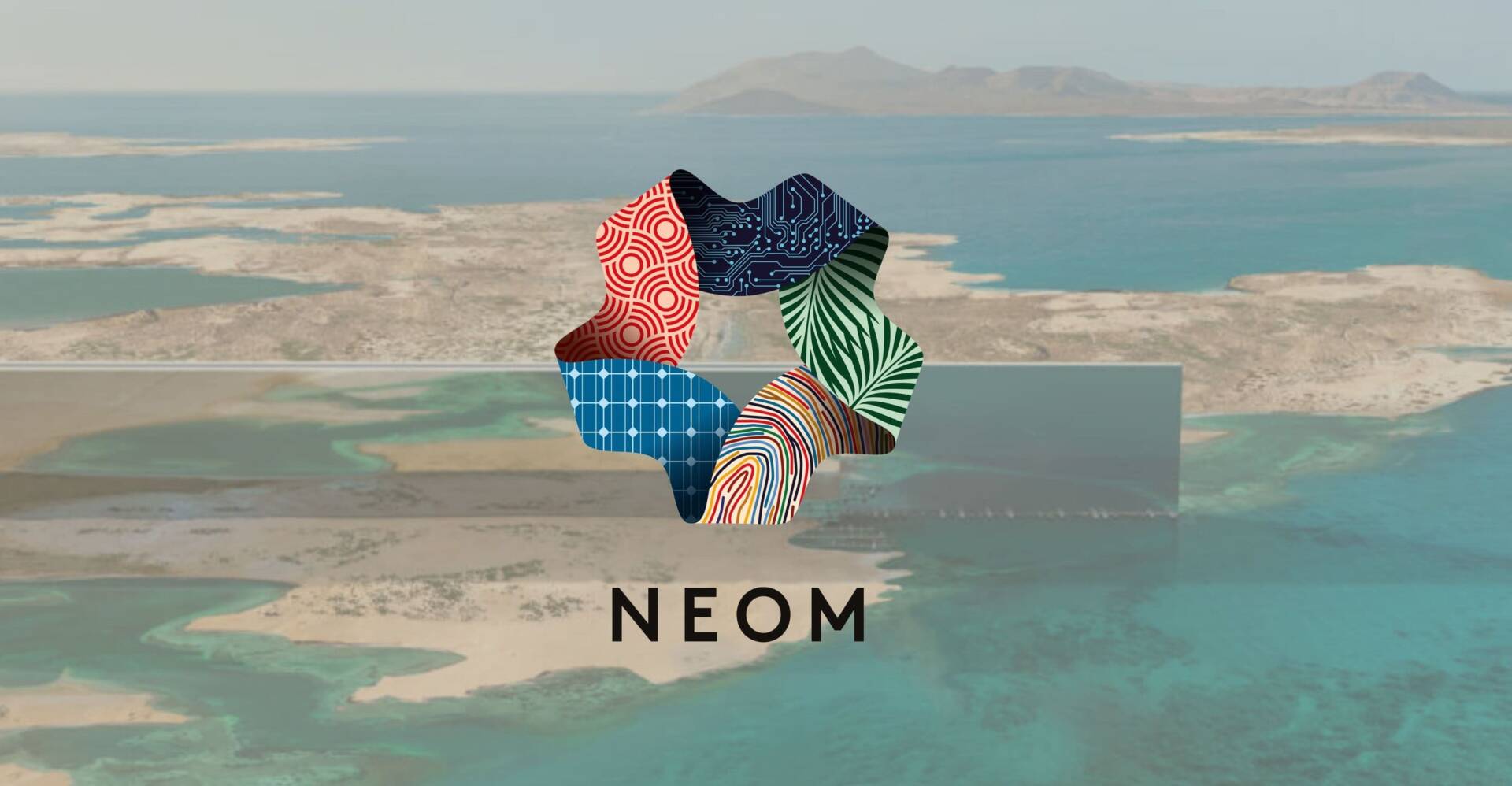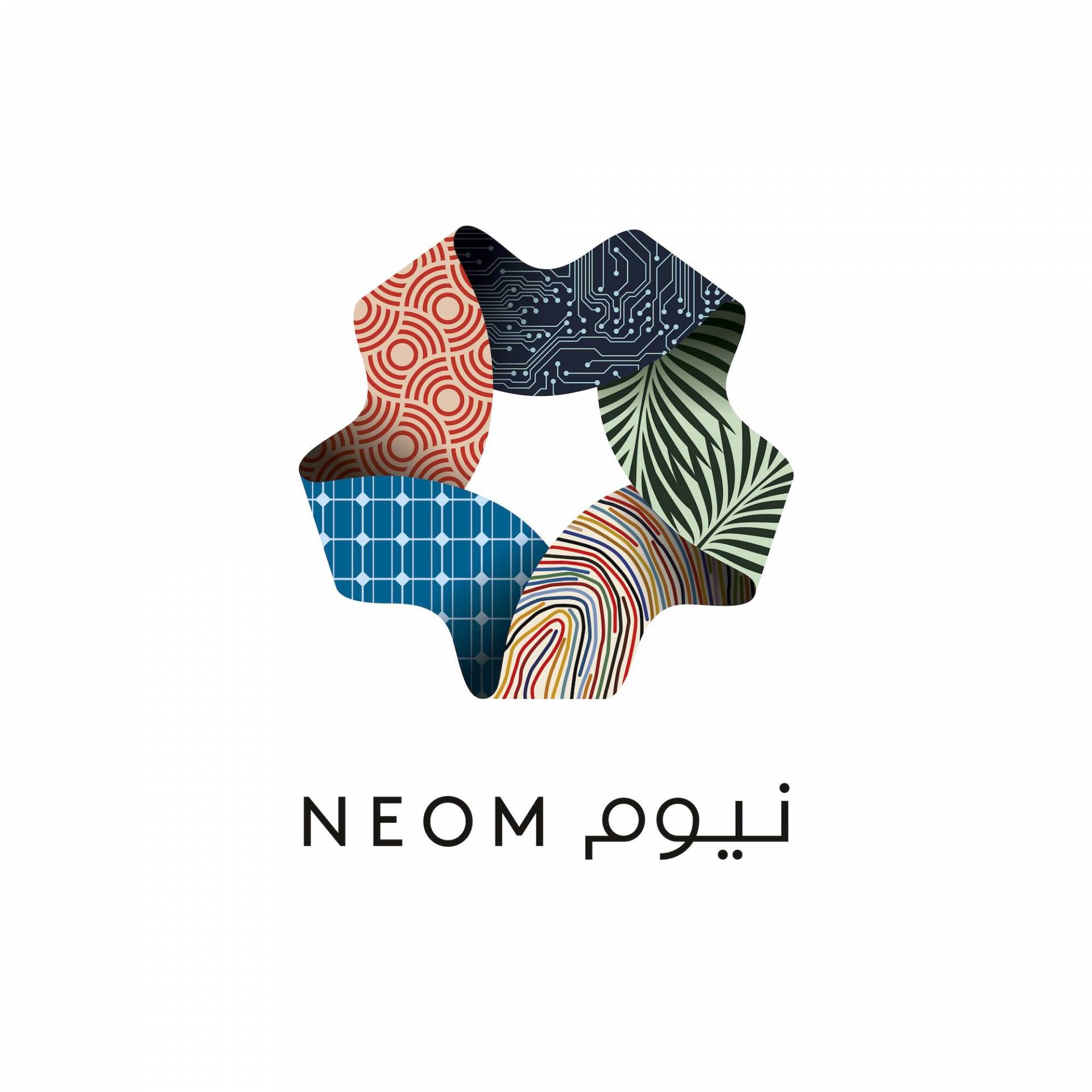FORWARD FOODING
THE BLOG
Beyond the Last Mile: How “Remote-First” Design is Redefining Agricultural Technology
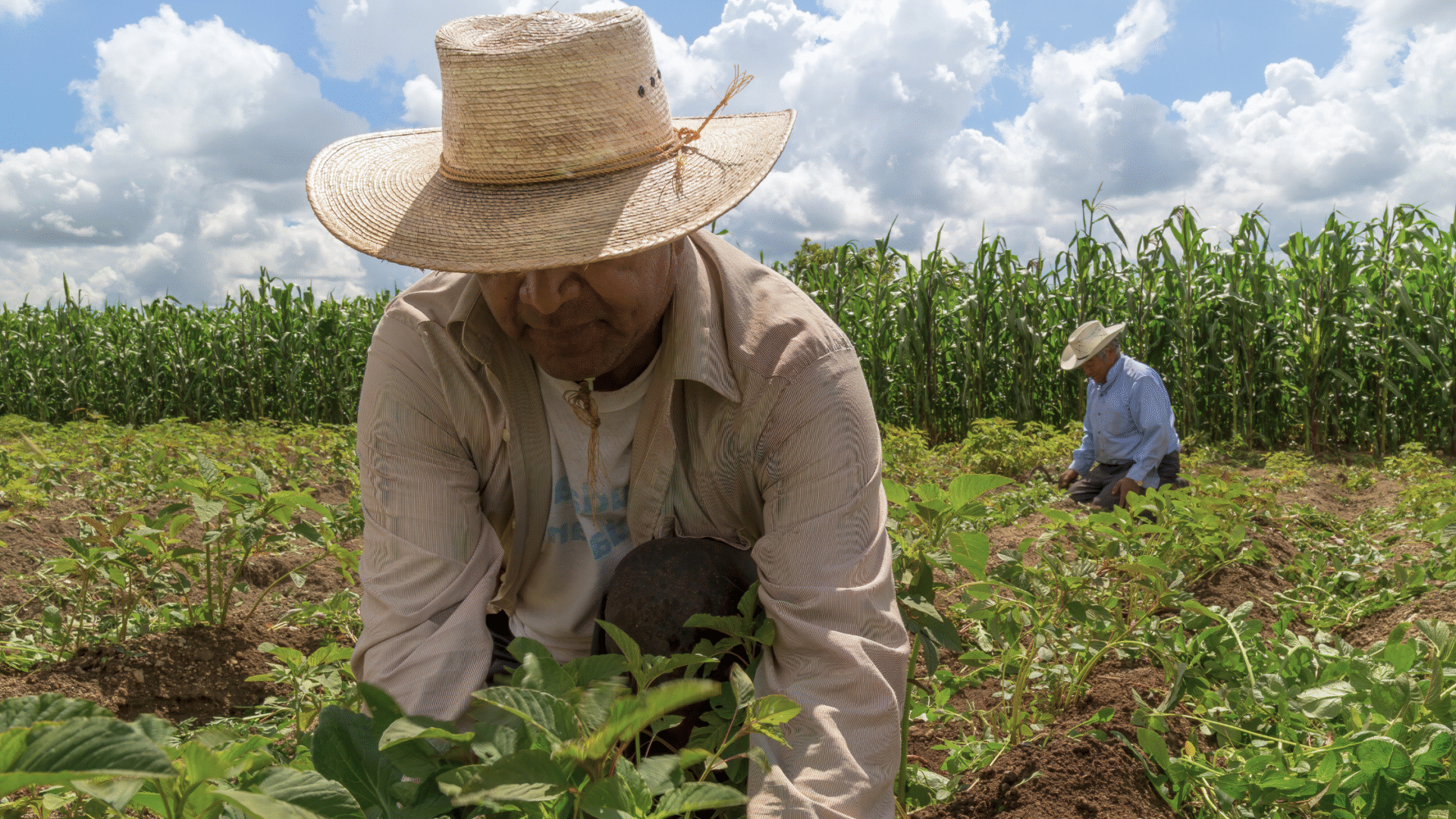
This article is part of “FoodTech Without Borders,” a series of case studies from Ali Sulun that examines AgriFoodTech startups across East Africa, Southeast Asia, and South America—three regions grappling with food insecurity, rapid urbanization, and climate volatility. Through in-depth case studies, the series explores how localized innovations address specific food system challenges while assessing their potential for cross-regional adaptation. By spotlighting emerging solutions that bridge environmental and social impact, “FoodTech Without Borders” seeks to identify scalable models that can contribute to a more resilient and equitable global food system.
This installment explores how remote-first design is transforming agricultural technology in regions where connectivity cannot be taken for granted. By examining innovations like Brazil’s Zeus Agrotech, the series highlights how startups are building solutions from the ground up to serve off-grid farmers—offering valuable lessons for creating truly resilient and inclusive food systems worldwide.
Remote-First by Design, Not by Default
Imagine farmers in the most remote corners of Brazil, tending to their fields with little access to reliable internet or mobile networks. Despite this, they are using cutting-edge technology to gain weather insights, plan their crops precisely, and improve their harvests. This is the reality made possible by remote-first design — a fresh approach in agricultural technology that starts by embracing connectivity challenges instead of treating them as an afterthought.
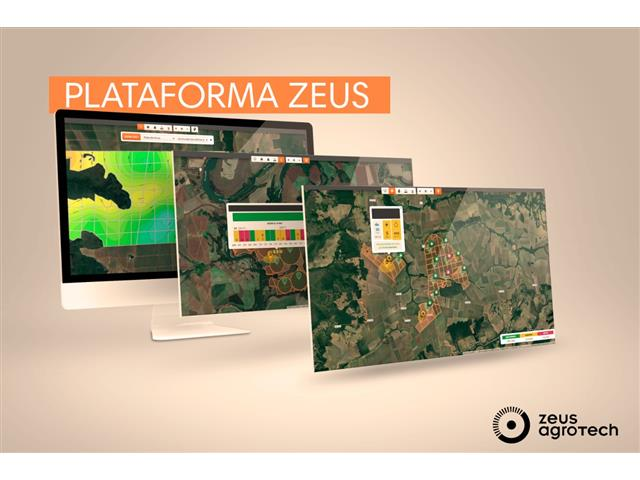
Take Zeus Agrotech, one of Brazil’s leading AgTech innovators. With over 3,000 weather stations sprinkled across 16 states and covering 7 million hectares—that’s roughly the size of Portugal—they deliver hyper-local climate data tailored to farmers’ real needs (UFG, 2022). These stations run on solar power and connect via satellite, meaning they function in truly off-grid locations where cellular networks simply don’t reach. Instead of relying on shaky “last mile” fixes, Zeus designs its entire network from day one with remote areas in mind, creating rugged, reliable systems that keep farmers informed no matter where they are.
Flipping the Script for Brazil’s Agricultural Connectivity
Why does this matter? Because Brazil is an agricultural giant, producing 14% of the world’s agricultural output, yet more than 4 in 10 Brazilians face food insecurity. Over 80% of Brazil’s 5 million agricultural establishments are smallholder farms, often with limited resources and connectivity. Traditional Western AgTech, designed for high-speed internet zones and large farms, frequently falls short in these contexts. Zeus’s approach flips the script by meeting connectivity constraints head-on, helping farmers in remote areas succeed with technology that simply works.
With their intelligent rain gauges and detailed 10-day rainfall maps, Zeus users receive climate insights that aren’t just generic forecasts but precise microclimate data. This enables on-the-ground decisions like when to water, when to harvest, and how to anticipate weather risks—saving time, reducing costs, and boosting productivity. In some cases, farmers have gained the ability to plant an additional crop cycle in a year, directly increasing their income.
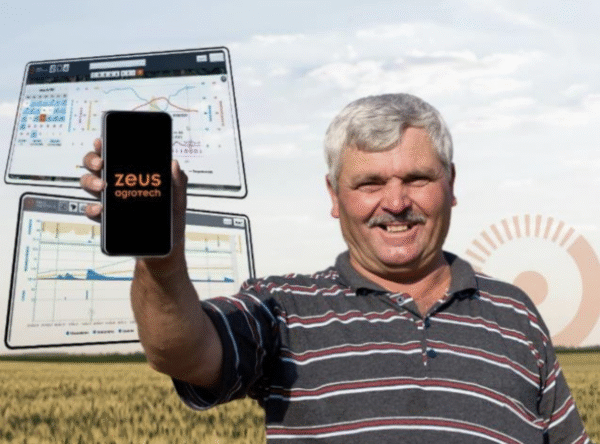
The economic benefits of this remote-first mindset extend beyond the farm gate. Designing for constraints means less expensive infrastructure maintenance—solar power reduces energy costs—and avoiding the costly pitfalls of depending on fragile cellular signals. It also means greater resilience: satellites provide constant data flows unaffected by local network outages or natural disasters, a critical advantage in climates becoming increasingly volatile due to climate change.
The Brazilian Agricultural IoT market itself illustrates this trend’s growth. Valued at around $758 million in 2024, it is forecasted to nearly triple to over $2 billion by 2032, driven by investments prioritizing precision ag, smart irrigation, and satellite connectivity. Government programs like Agro 4.0 and private sector players have propelled this wave of innovation, but the real winners are those technologies designed from the ground up for remote and smallholder contexts.
Lessons for Global Agriculture
This remote-first design philosophy offers lessons far beyond Brazil, echoing across other regions facing similar rural connectivity hurdles—such as parts of East Africa or Southeast Asia. Instead of patchy “last mile” band-aids, systems that embed rugged connectivity and localized data generation from the start create more inclusive, scalable, and sustainable agricultural ecosystems.
So, what can investors, corporates, and startups take away? First, building remote-first AgTech is not about compromising on technology but about adapting innovation to real-world challenges and opportunities. Second, supporting and applying these systems can multiply yields, reduce food waste, and uplift rural communities while simultaneously opening new market frontiers.
Forward Fooding invites the industry to dive deeper: booking demos, joining vibrant FoodTech communities, or exploring consultancy partnerships. Embracing remote-first design is more than a strategy; it’s a movement toward resilient agriculture that leaves no farmer behind.
In the end, it’s clear: going beyond the last mile isn’t just good practice—it’s the future of agricultural technology.
Forward Fooding is the world’s first collaborative platform for the Food & Beverage industry via FoodTech Data Intelligence and Corporate-Startup Collaboration – Learn more about our Consultancy and Scouting Services and our Startup Network.
About the Writers
Ali Sülün is a Research & Data Analyst at Forward Fooding and a student at HAS Green Academy studying International Food & Agribusiness. His thesis research, “FoodTech Without Borders,” profiles AgriFoodTech startups across three continents, examining how region-specific innovations address food security and climate challenges while exploring their potential for global adaptation and impact.
Contributor: Giuseppe Monaco – Research & Data Analyst at Forward Fooding.
Follow us
Sponsored Articles
9 July 2025
Forward Fooding celebrates the selection of 12 pioneering startups for the inaugural pladis Accelerator Programme. From water lily popcorn to sugar-converting enzymes, these innovations represent the future of snacking, addressing obesity, sustainability, and personalized nutrition through cutting-edge food technology.
21 March 2025
Tim Ingmire, VP of Global Innovation & Technology at pladis, discusses how the snacking giant is supporting early-stage startups in foodtech, health, and sustainability through their accelerator program. Learn about their focus on personalized nutrition, functional foods, and future ingredients to bring innovative, delicious products to consumers worldwide.
8 February 2024
Future Food-Tech returns to San Francisco on March 21-22 Over 1,700 food-tech leaders, from CPG brands, retailers, ingredient providers, [...]
1 February 2023
The 4th edition of FoodTech 500 is taking off and we are excited to partner with NEOM for the third consecutive year to support the best international AgriFoodTech entrepreneurs.
10 February 2022
One of the elements we enjoy the most here at Forward Fooding about working with AgriFoodTech startups is being [...]
